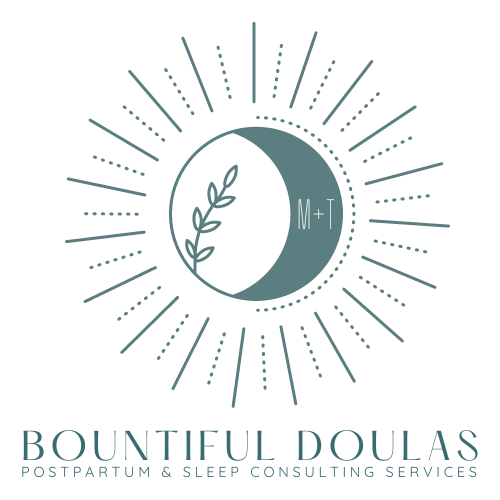What Not to Do in the Third Trimester
What Not to Do in the Third Trimester

You’ve finally reached the third trimester, and you’ll soon be meeting your baby. You’re probably excited, nervous, and maybe a little overwhelmed by your to-do list. With so much going on, knowing what not to do is important. Let’s talk about some things to avoid in your third trimester to help you stay safe, comfortable, and ready for the big day.
Don’t Ignore Your Body
Your body is talking to you louder than ever right now. That sudden, sharp pain? The swelling that won’t go away? The pain in your back? These aren’t things to brush off. Whether it’s unusual discharge, reduced baby movements, or bad headaches, reach out to your healthcare provider. You know your own body, so trust your gut.
Don’t Overdo It
Staying active is great, but this isn’t the time to be setting any personal records. High-impact fitness, heavy lifting, or any exercise that makes you feel dizzy or uncomfortable can wait. Stick to more gentle workouts like yoga, walking, or light stretching.
Your nesting instinct might also be kicking in by now. While having your home ready before your baby arrives is great, deep-cleaning the entire house in one go is a lot for your body. It’s important to get some rest when you can before labor starts.
Avoid Stress
You might have baby showers, last-minute shopping, and more planning to do. Maybe you have concerns about your pregnancy or how things will be after you bring your baby home. There’s so much on your mind, but over-scheduling and stressing yourself out isn’t good for you or your baby. Instead, decide your priorities, and don’t be afraid to delegate. The most important thing right now is that you and your baby are healthy and safe. Let that be your main focus.
Skip the Unsolicited Advice
Everyone has an opinion when you’re pregnant, and it’s easy to get anxious with all the unsolicited advice. The next thing you know, you’re going down a rabbit hole on Google, trying to find the truth, only to end up even more anxious. Remember that not every tip is right for you. Don’t be afraid to ask your healthcare provider or postpartum doula about advice people give or concerns you have. They want what’s best for you, and their advice is evidence-based.
Don’t Travel Far Without Talking to Your Provider
Whether it’s a road trip or a flight, always check with your healthcare provider before making big travel plans in your third trimester. The last thing you want is to be far from home (and your provider) if labor starts early. If you have to travel, come up with a plan, just in case. Make sure someone is always with you, and find out about the hospitals you’ll be near.
Don’t Skip Your Appointments
We know life is busy, especially now that you’re in your third trimester, but prenatal check-ups are crucial. Skipping appointments means missing out on important checks on your and your baby’s health. If there are any complications, it’s best to know as early as possible. So, keep showing up and listening to your healthcare provider.
Don’t Neglect Your Mental Health
The third trimester brings out a lot of emotions. It’s easy to feel overwhelmed, anxious, or even sad. Don’t brush off these feelings as just “pregnancy hormones.” Ignoring them can lead to other health issues.
As you transition into the postpartum period, it’s important to watch out for serious mental health issues, such as postpartum depression. Your mental health is just as important as your physical health, and it’s okay to seek help if you need it. Remember, taking care of yourself is the first step in taking care of your baby.
FAQ
Can I keep working during the third trimester?
Yes, a lot of people keep working in the third trimester, but it’s important to listen to your body and talk to your healthcare provider about it. If your job involves a lot of physical activity or stress, you might want to consider adjustments or taking maternity leave early. Discuss your situation with your healthcare provider and employer.
Is it normal to feel more Braxton Hicks contractions?
Yes, they often become more frequent in the third trimester as your body prepares for labor. Braxton Hicks contractions are usually irregular and painless, but if they become regular or painful, contact your healthcare provider.
What are some signs that I should contact my healthcare provider immediately?
Contact your provider if you experience severe headaches, vision changes, swelling of the face or hands, abdominal pain, or reduced fetal movement. However, these are just a few of the issues that you should contact your provider about. You can contact them any time you feel something is wrong and bring up any concerns.
The third trimester is full of emotions, changes, and planning, but keeping all of these in mind can help you get through it with less stress. Remember, it’s okay to slow down, ask for help, and put your needs first. You’ve got this!
Are you planning for postpartum? We’re here to help!
Get in touch to learn how a doula can support you and take a few things off your plate. Let’s get you feeling ready, confident, and empowered for what’s to come!












